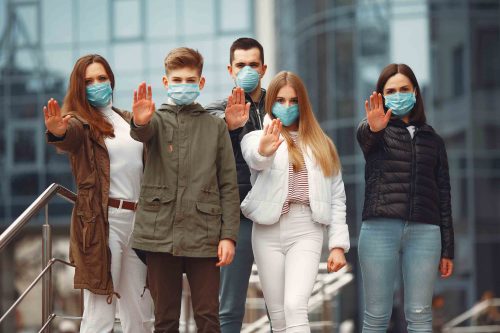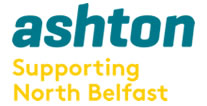 The COVID-19 pandemic has meant that the everyday things that we once took for granted have been totally disrupted and life has been turned upside down. In addition to the threat to life, health, jobs and income, the pandemic has posed risks to human relations in ways that would have been unimaginable only a short while ago. Because of the crucial need for social distancing rules, the old methods of engagement that were once so simple have become almost impossible. While social media has been a great means of communication and connection not everyone has access to technology or the capacity to use it.
The COVID-19 pandemic has meant that the everyday things that we once took for granted have been totally disrupted and life has been turned upside down. In addition to the threat to life, health, jobs and income, the pandemic has posed risks to human relations in ways that would have been unimaginable only a short while ago. Because of the crucial need for social distancing rules, the old methods of engagement that were once so simple have become almost impossible. While social media has been a great means of communication and connection not everyone has access to technology or the capacity to use it.
Nothing can really replace face-to-face engagement, be it planned or unplanned, on the street, in the park or at community centres. Even where meeting spaces have been re-opened, there is restricted access with a raft of bureaucratic regulations which further hinder real interaction. Such conditions have made it extremely difficult for community groups to deliver actions in the same way, at the same pace, and with the same decisiveness and coordination as before.
However despite having to undergo radical adaptations to their work practices many local groups and activists have managed to make incredible efforts in supporting communities through the pandemic. The contents of this edition of our community magazine give some examples of that.
However while much praise has been heaped on the community sector for its dedication, it should not be forgotten that in the years preceding COVID-19 there had been a steady erosion of community infrastructure as a result of cutbacks. This was coupled with an expectation that staff would do more for less, pushing many community groups into survival mode where they were forced to compete with each other for dwindling resources or face the prospect of closure.
For all its evils COVID-19 has created unique space for serious reflection particularly about the inequality, social injustice and poverty affecting our society. As we struggle to break free from the pandemic’s grip can we build something better, fairer? These are the big questions facing everyone but particularly those that control policy and investment structures.
Going forward there must be a renewed emphasis on the need for systemic change if we are to eradicate inequalities and look after the needs of all including communities like the New Lodge.
